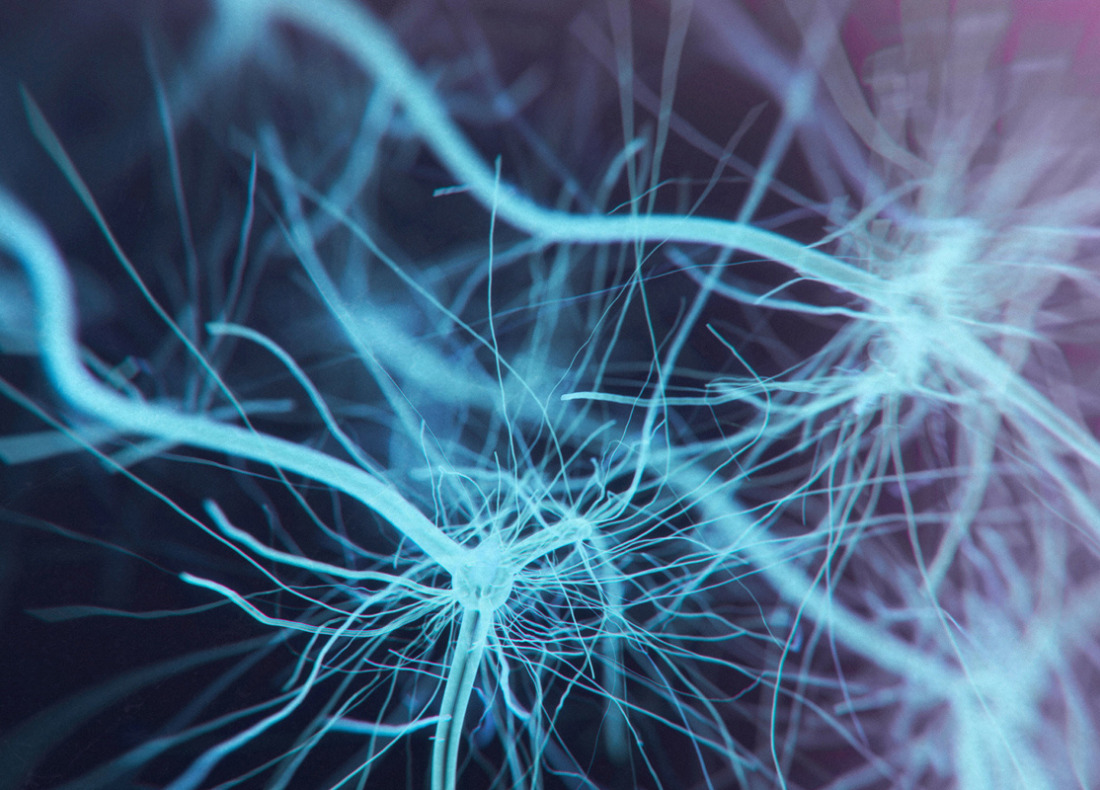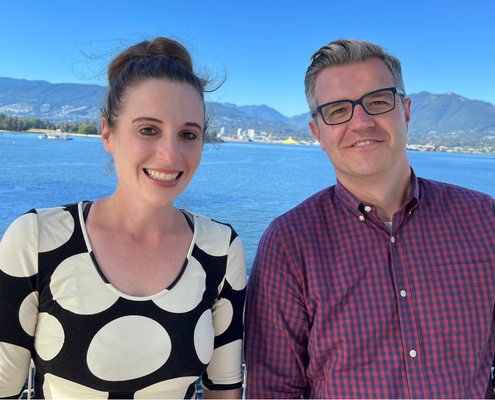In this call for applications, we seek to support hypothesis-driven, mechanistic research projects that explore the role played by inflammatory and immune processes in neural development and their effects on the pathophysiology of neurodevelopmental disorders (NDDs). Discoveries made possible by this RFA could lead to the development of mechanism-based interventions that address the fundamental molecular and physiological features that underlie neurodevelopmental conditions.
Funding
Individual or team projects will be funded to a maximum of $150,000 CAD per year for a maximum of three years. We expect to fund the top five applications, as determined by an external peer-review process.
Topic Eligibility
Examples of relevant research include, but are not limited to:
- Effect of infection, immune/inflammatory pathways on embryonic/fetal brain development
- Anatomic, cellular and mechanistic characterization of neuro-immune interface in brain developmental processes
- Role of immune/inflammatory pathways related to the gut-brain axis (including microbiome) on brain development
- Role of microglia in brain development (ex: synaptic pruning, connectivity, oligodendrogenesis)
- Studies of the mechanistic impact on brain of neuro-immune interactions as they relate to high confidence risk factors associated with NDDs in humans
Applications will be evaluated according to 1) significance and impact of the research to NDDs; 2) quality and originality of the proposal; 3) scientific and technical feasibility; and 4) research environment and people.
Applicant Eligibility
Applications may be submitted by individual researchers or teams. Inter-institutional collaborative proposals are strongly encouraged. Nominated Principal Applicants, and Co-applicants (who intend to share funding) must be independent researchers at accredited Canadian Universities or Research Institutes with Registered Charitable Organization designation. Team applications can also include collaborators (who do not request funding from this RFA), from any jurisdiction.










